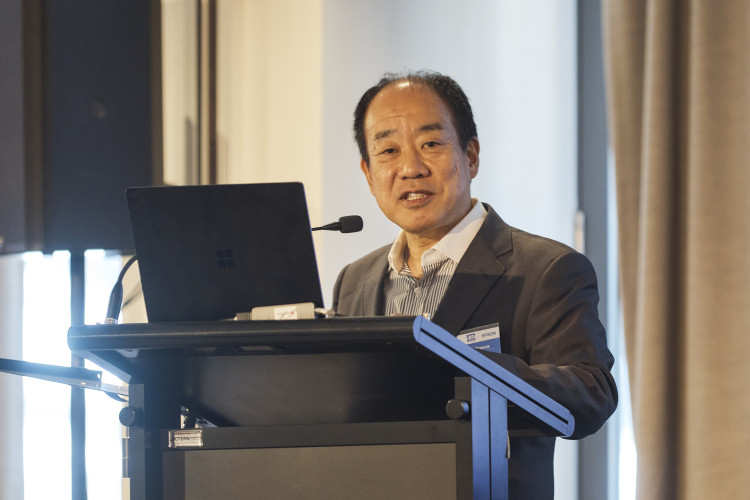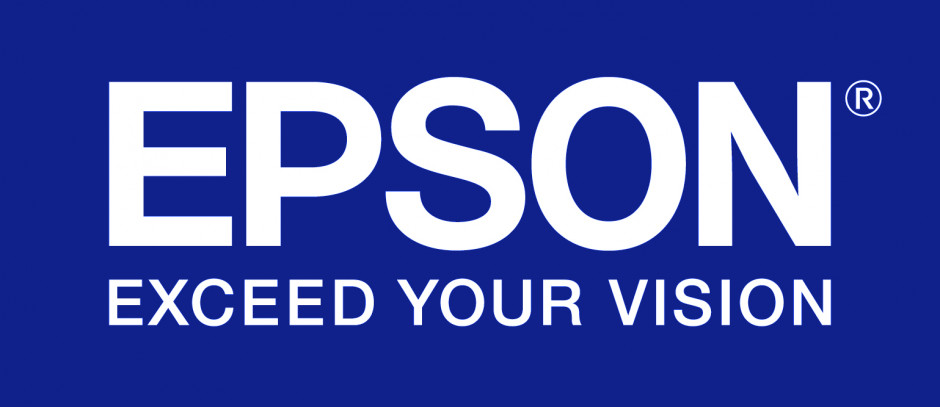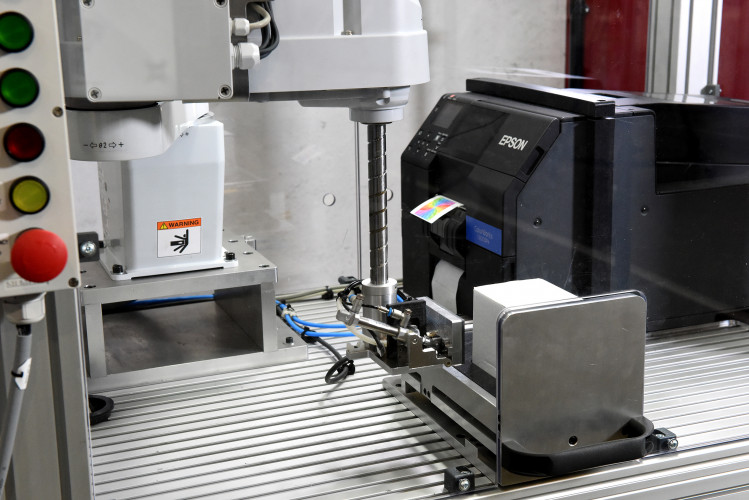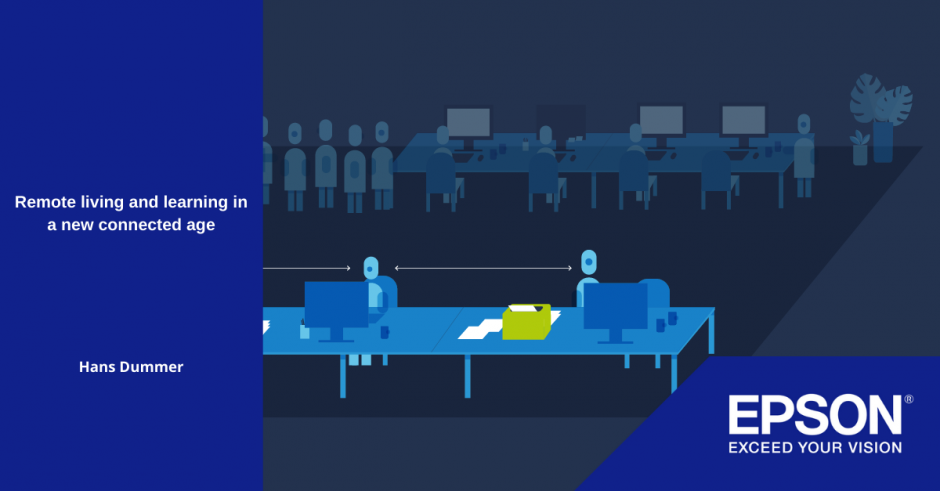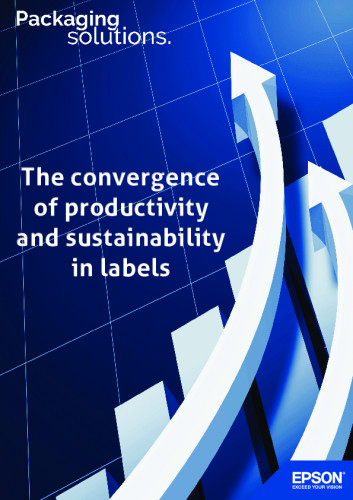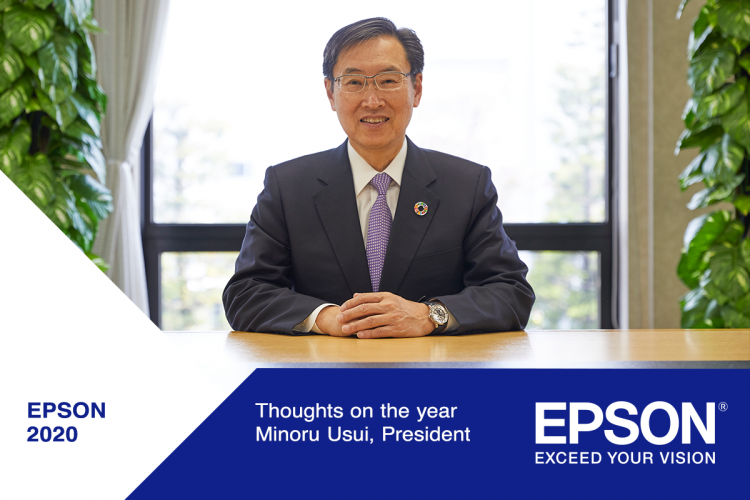What smaller, more tech-enhanced workforces will mean for tomorrow’s corporates
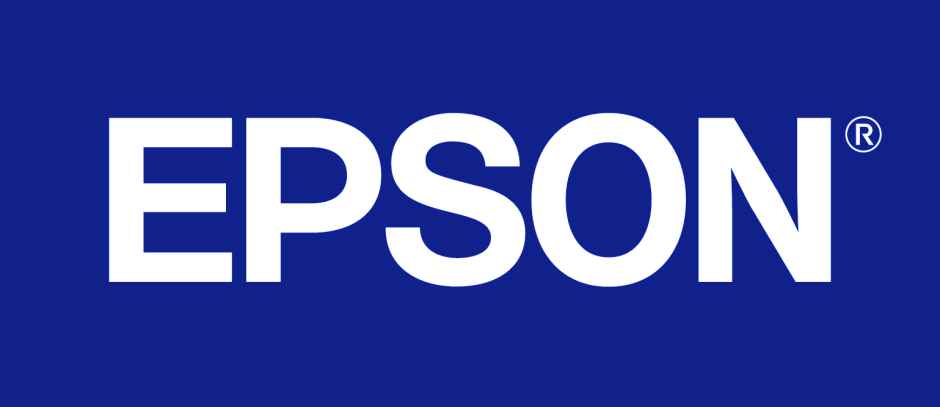
If technology is to deliver a revolution in industry, it will be one that is powered by European workers. They will be both the implementers and enablers of this evolution, and in doing so will dictate its ultimate success.
The European Commission has set the goal of achieving 750,000 ICT jobs by 2020. This more IT-centric workforce will be supported to harness skills previously limited to a tech-savvy elite. As technology continues to evolve, that evolution will see it further ingrained in our everyday lives. What will this mean for European industry?
Benefits to industry
Epson interviewed 17 industry experts, and surveyed over 7,000 European employees, in order to explore how technology is changing the European working landscape. We discovered a vision of the future in which technology is set to deliver huge benefits to industry, business and our individual job roles. As this technological transformation progresses, organisations will find an increasing need for employees with the skills to utilise technology and analyse data.
Perceptions of this revolution are broadly positive. One third of respondents believe that overall their roles will become more efficient thanks to the benefits afforded by technology, closely followed by becoming more productive, more accurate and more analytical.
Creativity is also set to flourish, with approximately one fifth of respondents believing their role will become more creative. As might be expected, responses across industries varied, with industries such as manufacturing and retail arguing that improved efficiency would be the greatest benefit.
An era of collaboration
Technology will usher in a new era of corporate collaboration according to respondents, many of whom believe that new technology will support even greater collaboration between local and global employees. According to 71 percent of European workers, future meeting rooms will be entirely virtual, with employees based in workspaces around the globe using technologies such as AR and holographic projectors to join real-time workgroups.
It’s important to point out that while selecting technologies fit for purpose will be critical to virtual collaboration, equally as important to success will be training and supporting employees to implement and use this technology. This could have a substantial impact on employee engagement, especially as 68 percent of respondents believe people will feel less engaged with their company as the workplace becomes more remote, less team-orientated and more impersonal.
Evolution you control
When it comes to evolving future job roles, 65 percent of respondents believe their organisation is good or excellent at training employees to use technology. However, when probed further, only 47 percent stated they were good at retraining potentially redundant employees, and 60 percent stated they were good or excellent at recruiting new employees.
With a growing focus on ICT skills in business, corporations will have to adapt to ensure they find the right balance between incorporating new talent and developing talent within the existing workforce. Ultimately evolution is a process of incremental change, and may not follow the same path for every organisation. One constant that will remain however is the onus on corporations to manage evolution in-order-to ensure positive results.
Want to know more?
The full report has all the insights, you can download it here




